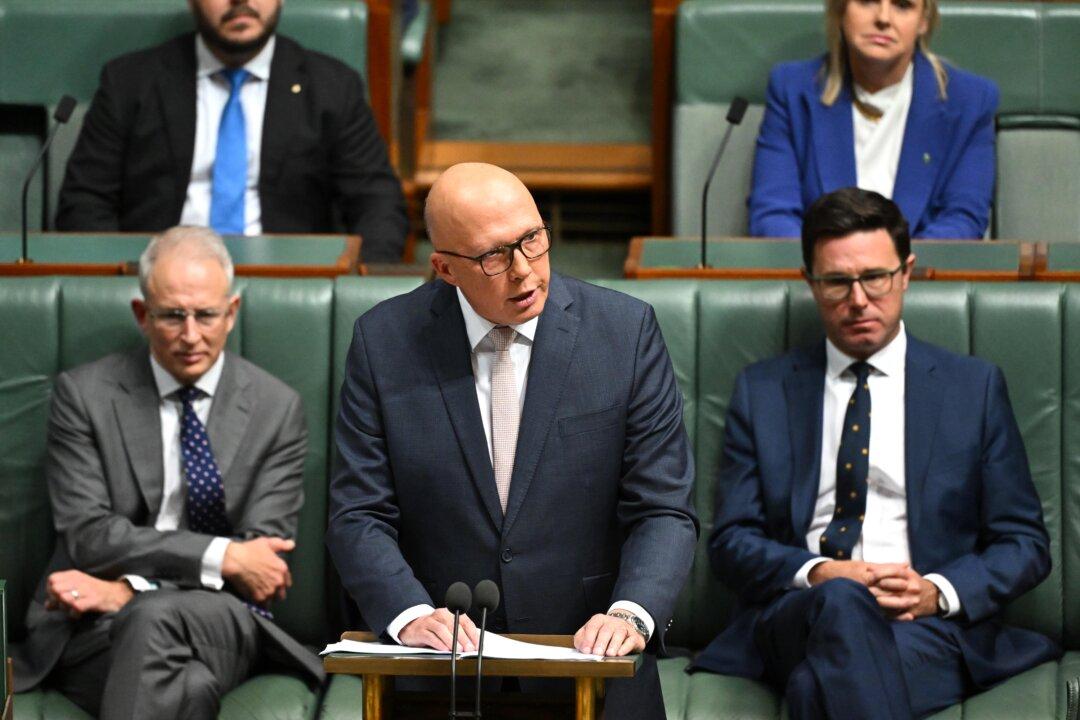Commentary
When I watched Opposition Leader Peter Dutton’s speech in reply to the Budget, I had lines from Sondheim’s “Bring in the Clowns” running through my head: “Me here at last on the ground/you in mid-air.”

When I watched Opposition Leader Peter Dutton’s speech in reply to the Budget, I had lines from Sondheim’s “Bring in the Clowns” running through my head: “Me here at last on the ground/you in mid-air.”